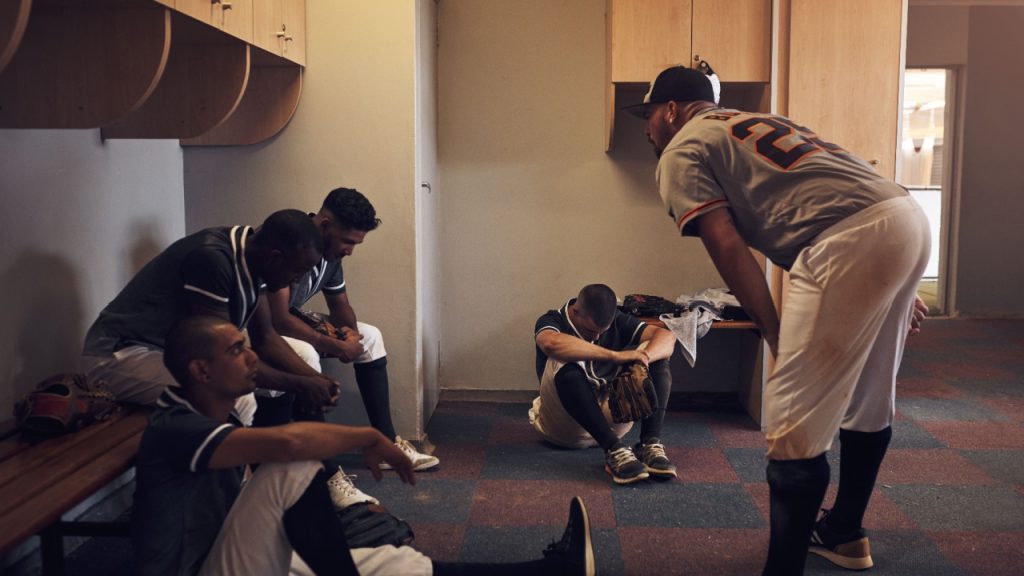Professors Laura Wernick and Derek Tice-Brown found wide-ranging implications from a culture of masculinity marked by anti-LGBTQ and other harmful language that pervades youth sports environments. Read more in this article.
“It harms the wellbeing of everyone,” said Laura Wernick, one of the study’s lead authors and an associate professor of social service at Fordham’s Graduate School of Social Service, located in Manhattan, New York.
The study found that youths exposed to higher levels of such language were less likely to reap the benefits of youth sports environments, particularly self-esteem. The decrease in self-esteem was significantly greater among straight white cisgender boys than any other subgroup, Wernick said.
“The irony of policing masculinity,” they said, “… is that it’s actually having the opposite effect. It’s bringing these kids down.”
It’s not that LGBTQ youth aren’t harmed by such language in youth sports environments. But the effects on those and other marginalized youth are less pronounced, the researchers say, because previous life experience has equipped them with coping mechanisms.
“They may be more adept at dealing with stressors, because they’ve had that experience,” said Derek Tice-Brown, an assistant professor of social service at Fordham and the study’s co-lead author. “It gives them skills to address those issues as they come up. Whereas cisgender straight boys may not have had that experience to develop those skills.”
Such use of anti-LGBTQ language doesn’t hurt just queer and trans youth, Wernick said. “It hurts our community. It hurts all of us.”

